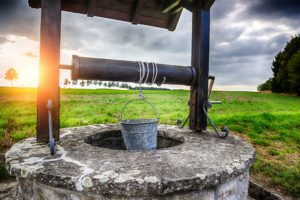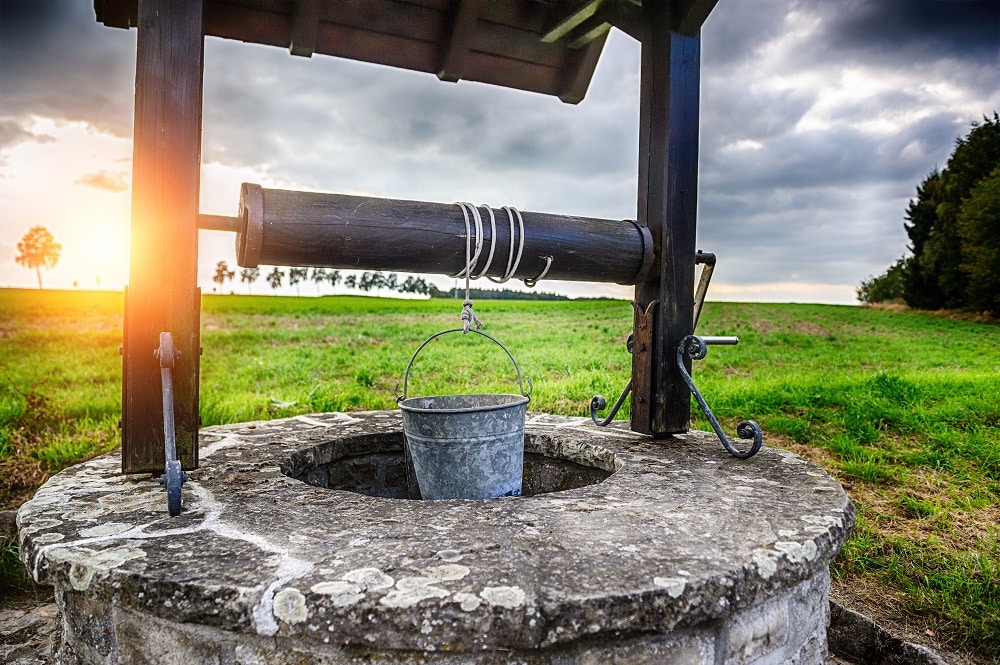If you own a well for your home or business, it’s important that you take the necessary steps to ensure the water is healthy, and the well is working the way it should. By taking care of your well on a regular basis, not only will the water be of better quality, but you’ll be saving money on more drastic repairs that might become necessary later on. Whether you’ve relied on a well for years or you’re just moving into a house with a private well, here are a few things you should know about well maintenance.

Hire a Professional
Today’s wells are far more sophisticated than the crank wells we see in the movies. Most wells rely on electric pumps to extract water from the ground for storage. Professional water well contractors, however, have the tools and the experience to keep your water safe for drinking, and the well up and running.
The Maintenance Process
When a professional comes to service your well, there are a few basic things they’ll have to do. One of their first assignments is to conduct a flow test. This is designed to determine the output of your well, the well’s water level, and how the pump motor is working. They’ll also perform well water testing to make sure the water is potable. They’ll test for the presence of nitrates, bacteria, and any other local contaminates that may be dangerous. After the well has been serviced, you should talk to your contractor about the results. They should be able to provide you with a written report detailing their findings and offering recommendations for further service should they have any.
Things You Can Do on Your Own
While the inspection and service should be taken care of by experts in repairs and bacterial water testing, there are some steps you can take to protect your well. For starters, keep your own well maintenance records in a safe place. These can provide valuable information for contractors you hire for future inspections. Additionally, work to keep any chemicals on your property away from your well. If you can slope the ground away from your well while landscaping, this will prevent dangerous chemicals from seeping into the well water. Simple things like these — along with regularly scheduled maintenance — can spare you the expense of costly repairs.
Ask Questions
You hired experts for a reason, so don’t hesitate to ask them about the process of well maintenance. If they’ve detected bacteria or other substances when testing the water, find out what you can do in the future to prevent it. The more you understand how your well system works, the better prepared you’ll be for whatever problems may take place.
Seal Old Wells
If you discover old, unused wells on your property, you should have them sealed by a professional. If left unaddressed, they provide an easy route for contaminants to enter an aquifer. They’re also unsafe. The last thing you want is for someone to become injured tripping over (or falling into) an abandoned well.
If you haven’t scheduled a well inspection lately, contact Environmental Testing and Research Laboratories. We can test your well water and have the results ready in days, so you’ll know whether or not it’s safe to drink. Speak to one of our specialists today at (800) 344-9977.

